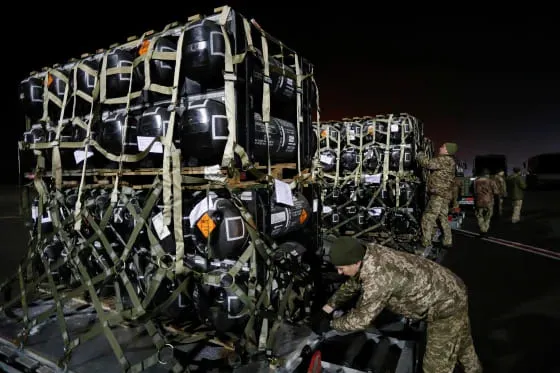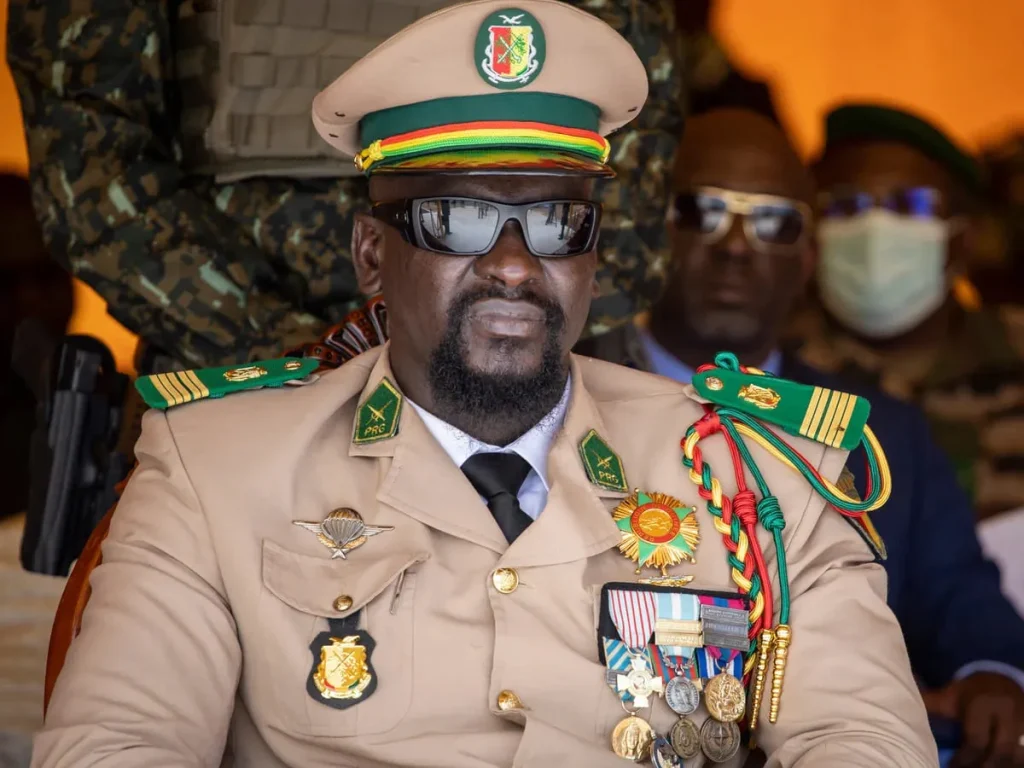The Uganda National Oil Company (UNOC) is actively seeking a joint venture partner to assist in operating the Kasuruban exploration block in western Uganda, a company spokesperson announced on July 9, 2025.
The state-owned firm acquired the 1,285-square-kilometre block in 2023 following a production sharing agreement (PSA) with the government, marking a significant step in Uganda’s oil exploration efforts.
Details of the Partnership
UNOC spokesperson Angella Ambaho confirmed the search for a partner but did not disclose the equity share the company is willing to offer.
The PSA, initially signed for two years, allows for two additional two-year renewals, with the most recent renewal occurring in March 2025.
Ambaho outlined plans to process existing geophysical and geological data, gather new data, and drill at least one exploration well within the next two years, signaling an aggressive timeline for development.
Broader Context and Projects
UNOC’s move into the Kasuruban block builds on its existing 15% stakes in the Tilenga and Kingfisher production projects, where it partners with France’s TotalEnergies and China’s CNOOC.
These projects are on track to begin commercial crude oil production in 2026, positioning Uganda as an emerging player in Africa’s oil sector.
The Kasuruban venture represents an expansion of UNOC’s portfolio, aiming to leverage its growing expertise and infrastructure.
Implications and Outlook
The search for a joint venture partner suggests UNOC is looking to share the financial and technical burdens of exploration, a common strategy in high-risk oil ventures.
While the lack of equity details keeps potential partners guessing, the company’s established partnerships and upcoming production milestones could attract interest.
However, the ambitious two-year drilling timeline raises questions about funding, expertise, and regulatory hurdles, especially given Uganda’s history of delays in its oil sector due to environmental and community concerns.























